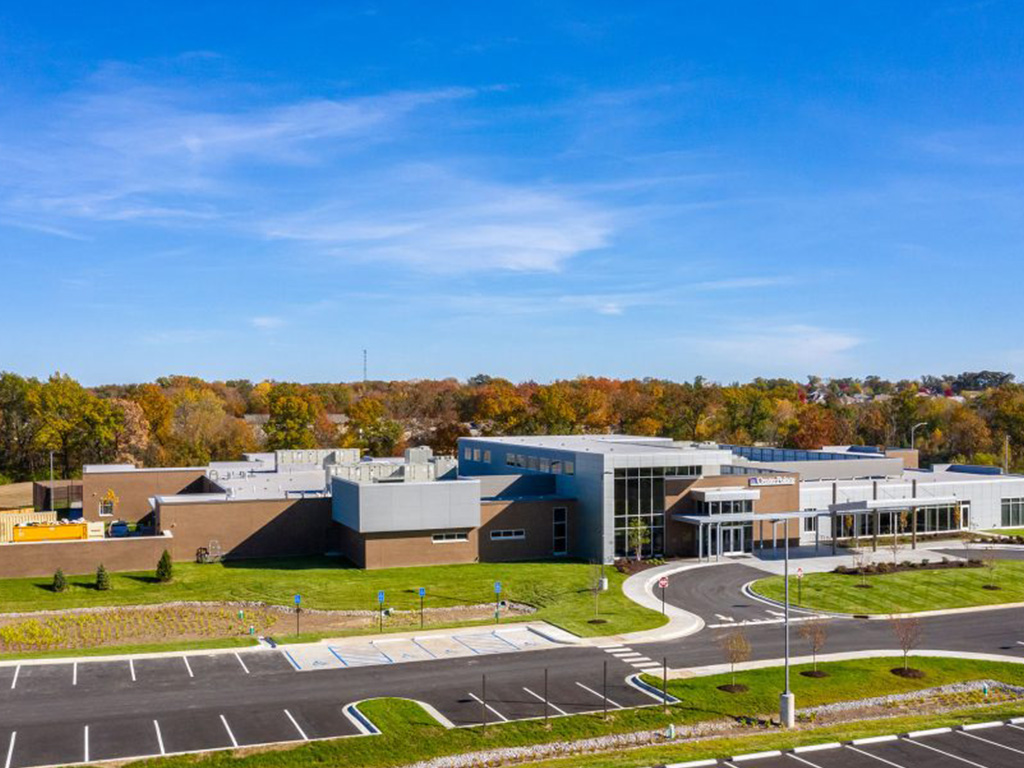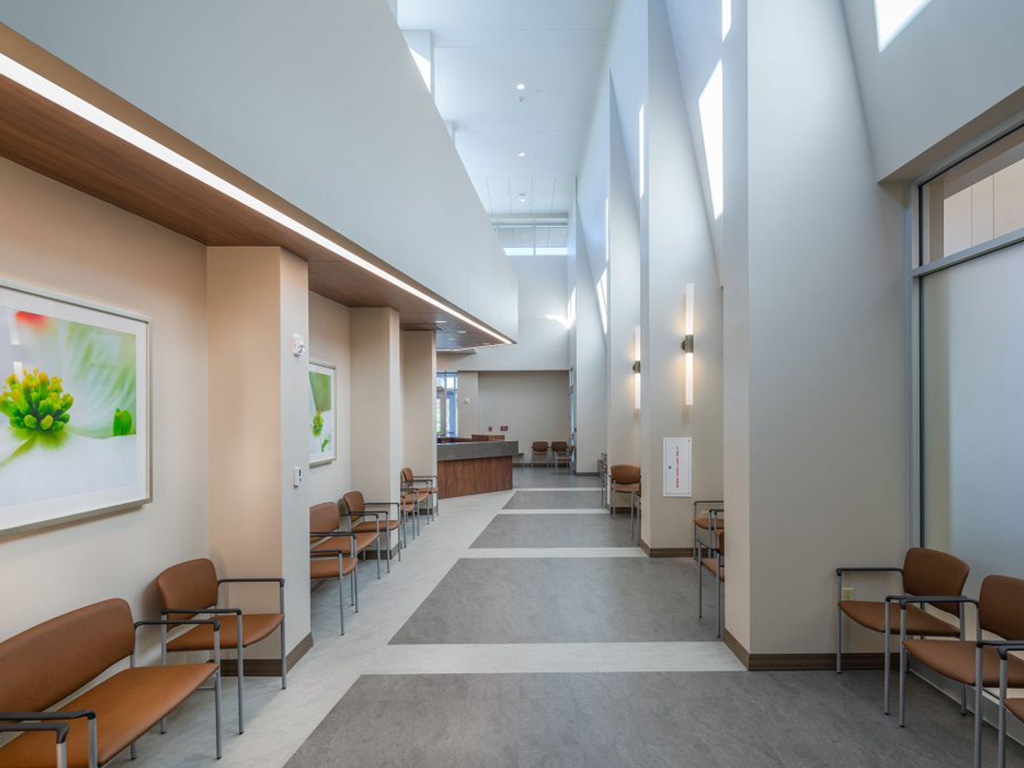Mental health conditions are common in our society. In fact, the National Institute of Mental Health and other researchers indicate the following statistics:
- An estimated 46.6 million Americans 18 years and older experience a diagnosable mental health condition in a given year, yet 60% of those with a mental health condition do not receive treatment.
- More than 49.5 percent of youth, either currently or at some point during their young lives have experienced a mental health condition.
- More than 15% of senior adults suffer from severe depression.
- Suicide is the 10th leading cause of death in the US with 47,000 annual deaths, and is the 2nd leading cause of death for youth ages 15-24.
- 23 million Americans suffer from addiction, yet 88% of Americans with addiction are not treated.
- Up to 90% of people with mental illness have significant improvement and decreased symptoms with effective treatment.
Mental health is the foundation for emotions, thinking, communication, learning, resilience and self-esteem. Mental health is also key to relationships, personal and emotional well-being and contributing to community or society. Many people who have a mental illness do not want to talk about it. Mental illness is nothing to be ashamed of! It is a medical condition, just like heart disease or diabetes. Mental health conditions are treatable.
Mental illnesses are health conditions involving changes in emotion, thinking or behavior (or a combination of these). Mental illnesses are associated with distress and/or problems functioning in social, work or family activities. Mental illnesses take many forms – some are mild and only interfere in limited ways with daily life, such as certain phobias (abnormal fears). Other mental health conditions are so severe that a person may need care in a hospital. A mental illness can make you miserable and can cause problems in your daily life, such as at school or work or in relationships. In most cases, symptoms can be managed with a combination of medications, talk therapy (psychotherapy) and life skills training.
Signs and symptoms of mental illness can vary, depending on the disorder, circumstances and other factors.
Signs and symptoms may include:
- Feeling sad or down for a prolonged period of time
- Confused thinking or reduced ability to concentrate
- Excessive fears or worries, or extreme feelings of guilt
- Extreme mood changes of highs and lows
- Withdrawal from friends and activities
- Significant tiredness, low energy or problems sleeping
- Detachment from reality (delusions), paranoia or hallucinations
- Alcohol or drug abuse
- Major changes in eating habits
- Sex drive changes
- Excessive anger, hostility or violence
- Suicidal thinking
- Inability to cope with daily problems or stress
- Trouble understanding and relating to situations and to people
Many people have signs and symptoms of mental health concerns from time to time. But, a mental health concern becomes a mental illness when ongoing signs and symptoms cause frequent stress and affecting your ability to function. CenterPointe provides treatment for a wide range of mental health conditions, including but not limited to the following:
- Major Depression
- Suicidal Ideation
- Self-harm
- Situational Crisis
- Bipolar Disorder
- Mood Disorders
- Severe Anxiety and Panic Disorders
- Thought Disorders
- Other Mental Health Conditions
- Trauma and Post Traumatic Stress Disorder
- Impulse Behavioral Disorders
- Obsessive Compulsive Disorders
- Grief and Loss
- Dual Diagnosis (both mental health and substance use conditions)
- Detoxification
To learn more about treatment at a CenterPointe program, or to get answers to any specific questions that you may have about any individual center, type of service, or level of care, please contact us at your convenience. We look forward to providing you with the information you need to make the best decisions for yourself or for a loved one.
Suicidal thoughts and behavior are common with some mental illnesses. If you think you may hurt yourself or attempt suicide, get help right away:
- Call 911 or your local emergency number immediately.
- Call your mental health specialist.
- Call a suicide hotline number — in the U.S., call the National Suicide Prevention Lifeline at 1-800-273-TALK (1-800-273-8255).
- Seek help from your primary care doctor or other health care provider.














